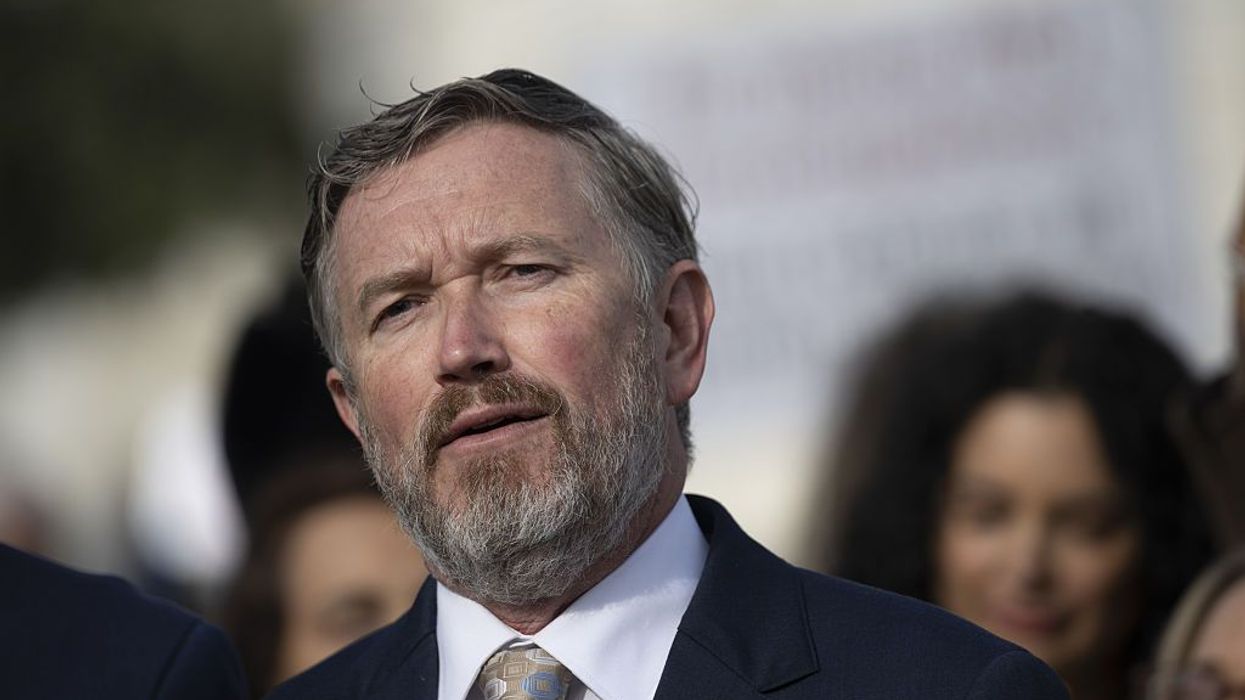Paul Kawika Martin, the Organizing and Political Director of Peace Action - the United State's largest peace organization - is available for phone or in-person interviews in Washington, DC. Please email pmartin@peace-action.org or call +1-951-217-7285 to set up an interview.
Mr. Martin returned this morning from a seven-day delegation to Afghanistan. While there he met with a diverse group of high-level and ordinary people including: one of President Karzai's brother, the new director of USAID, Afghan Ministers, Afghan Presidential advisors, journalists, Afghan members of parliament including women, directors of a dozen Afghan and International NGOs, former Taliban, Afghan business leaders, tribal leaders, warlords, etc.
Upon his return he said, "After spending a week in Afghanistan it is clear that 40,000 more troops will not substantially increase security, nor stop violent extremists. Instead the U.S. and NATO needs to stop air and Predator drone strikes and other actions that kill, injure or terrorize innocent civilians and create recruits for the Taliban and violent extremists.
"The U.S. and the international community needs to make investments into Afghanistan to provide its populous with physical, economic and food security. Additionally, Afghans desire a sense of justice and trust of their government."
He will be participating today in a protest and civil disobedience at the White House against more troop escalations.
Program or interview topic opportunities:
With disputed Afghan elections, debate heating up in the U.S., requests for more troop escalations and civilian and foreign forces causalities skyrocketing in Afghanistan, people want unbiased, intelligent commentary. Mr. Martin is the founder of the Afghanistan Policy Working Group, a coalition of nearly 90 NGO leaders who want alternative policies for Afghanistan. He is also a co-chair of the National Security Working Group, a long-time meeting between NGO leaders and Members of Congress and their staff.
Possible questions: Will more troops increase the security situation in Afghanistan? What are the politics behind these issues? How is the U.S. Congress reacting and acting? What is the progressive community or peace movement doing? What do Americans really think?
Mr. Martin's Biography:
For nearly twenty years, Paul Kawika (CA VEE CA) Martin, Peace Action's organizing and political director has worked with numerous environmental, peace, animal rights and human rights organizations including Greenpeace and the Nobel prize winning Physicians for Social Responsibility. Mr. Martin worked with a Clinton Presidential Commission and spent a year campaigning in twenty countries on Greenpeace ships including the Rainbow Warrior. His recent travels include Cuba, Iran, Mexico and Japan. He has an upcoming trip to Afghanistan.
Mr. Martin uses his expertise on nuclear weapons and U.S. foreign policy to lobby Congress and to mobilize Peace Action's 100,000 members and 100 chapters around social change. Peace Action is the largest grassroots peace organization in the U.S. NGOs, Members of Congress and their staff consult with him on legislation and strategy around the issues of abolishing nuclear weapons, Afghanistan, Iraq, Iran and reducing the military budget. He holds leadership positions in the two largest peace coalitions: Win Without War and United for Peace and Justice. Mr. Martin founded several influential coalitions working on Iraq, Iran and Afghanistan policy and chairs a nearly five-year old meeting between NGO leaders and congressional staff. As Peace Action's PAC director, he uses his electoral expertise to fund and endorse progressive candidates.
His work has appeared in countless international, national and local television, radio and print media outlets including the New York Times, Washington Post, Los Angeles Times, Christian Science Monitor, Politico, Alan Colmes radio show and Democracy Now! Mr. Martin served on the Community Advisory Board of a Washington, DC television station.
Mr. Martin received his bachelors at the University of California at Santa Barbara (UCSB) in Environmental Studies and Global Peace and Security and currently lives in Washington, DC where he enjoys his passions of Italian motorcycles, the arts and the outdoors.



